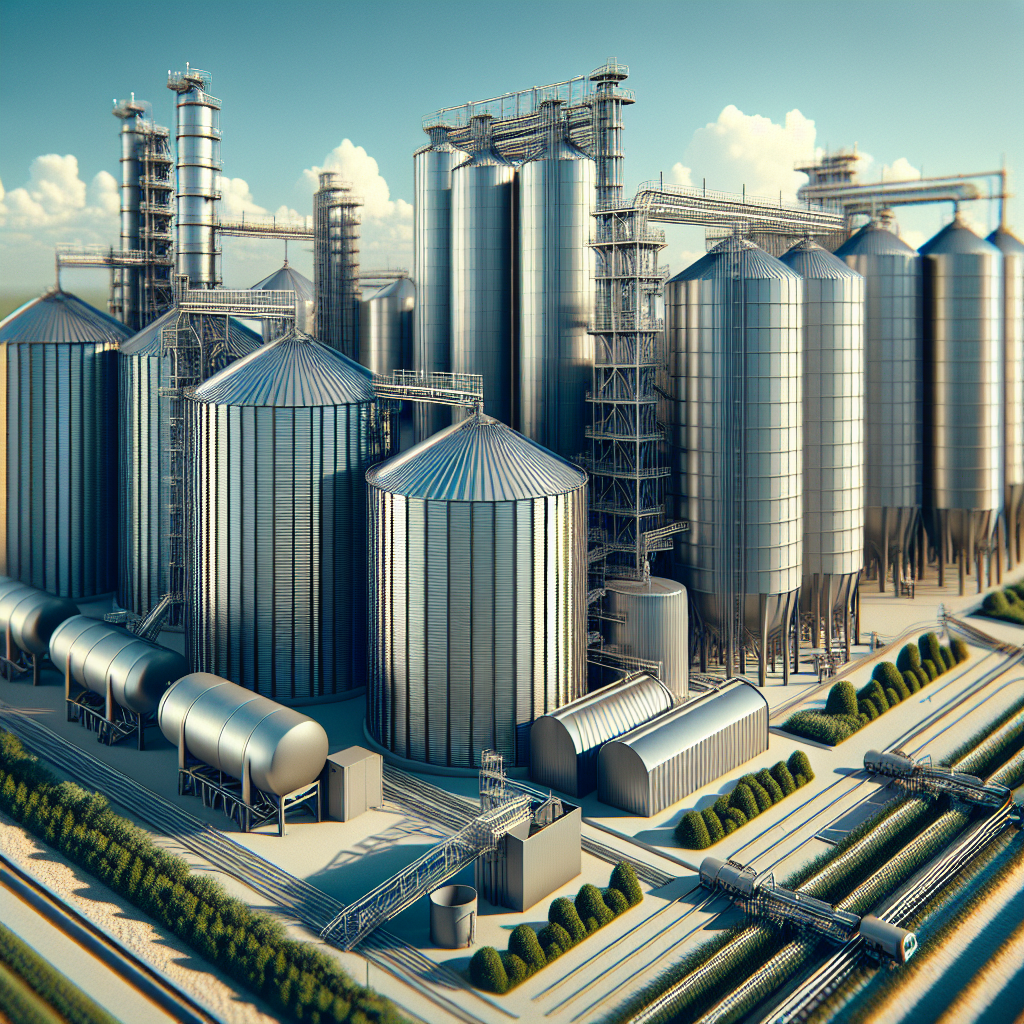Revolutionizing Foodgrain Storage: India's Steel Silos Strategy
The Indian government, over the last 11 years, has been modernizing foodgrain storage by establishing steel silos via the public-private partnership model. With 19.5 lakh tonnes of capacity already built and more underway, these silos aim to reduce losses, improve preservation, and decrease logistics costs.

In an ambitious push to upgrade foodgrain storage infrastructure, the Indian government has constructed steel silos with a capacity of 19.5 lakh tonnes over the past decade. These facilities, developed under a public-private partnership model, mark a significant shift in the country's approach to food storage.
Currently, an additional 40 lakh tonne capacity is under construction, with the aim to further bolster foodgrain preservation and logistics efficiency. According to a senior official from the Union Department of Food and Public Distribution, tenders for another 25 lakh tonnes capacity are in the pipeline.
The Food Corporation of India, as the nodal procurement and distribution entity, oversees these projects built on Design, Build, Finance, Own & Operate (DBFOO) or Design, Build, Finance, Operate & Transfer (DBFOT) models. This strategic move is essential for minimizing waste and enhancing the shelf life of vital food supplies.
(With inputs from agencies.)
ALSO READ
AVG Logistics Launches Electric Fleet, Sets Benchmark for Green Logistics in India
Nitin Gadkari Unveils Logistics Milestones at ET Edge SCM Fest 2025
Adani Logistics Unveils India's First Double Stack Rake Service
AI transformation in maritime logistics demands resilient governance
Indian Railways' Modernization: New Reservation System Advances










